We had the honor of interviewing Trevor Gureckis about his debut video game work with the brand new Dead Space Remake! He was a wonderful guest to talk to and had a lot of interesting responses to our questions! We want to thank Trevor for his time, now, to the fun!
Adam Moreno: Hello and welcome. We have the honor of having composer Trevor Gureckis with us. He is currently the star of the music for the expansion of Dead Space. The remake that is coming out. How are you doing today, Trevor?
Trevor Gureckis: I’m great, hope you’re well.
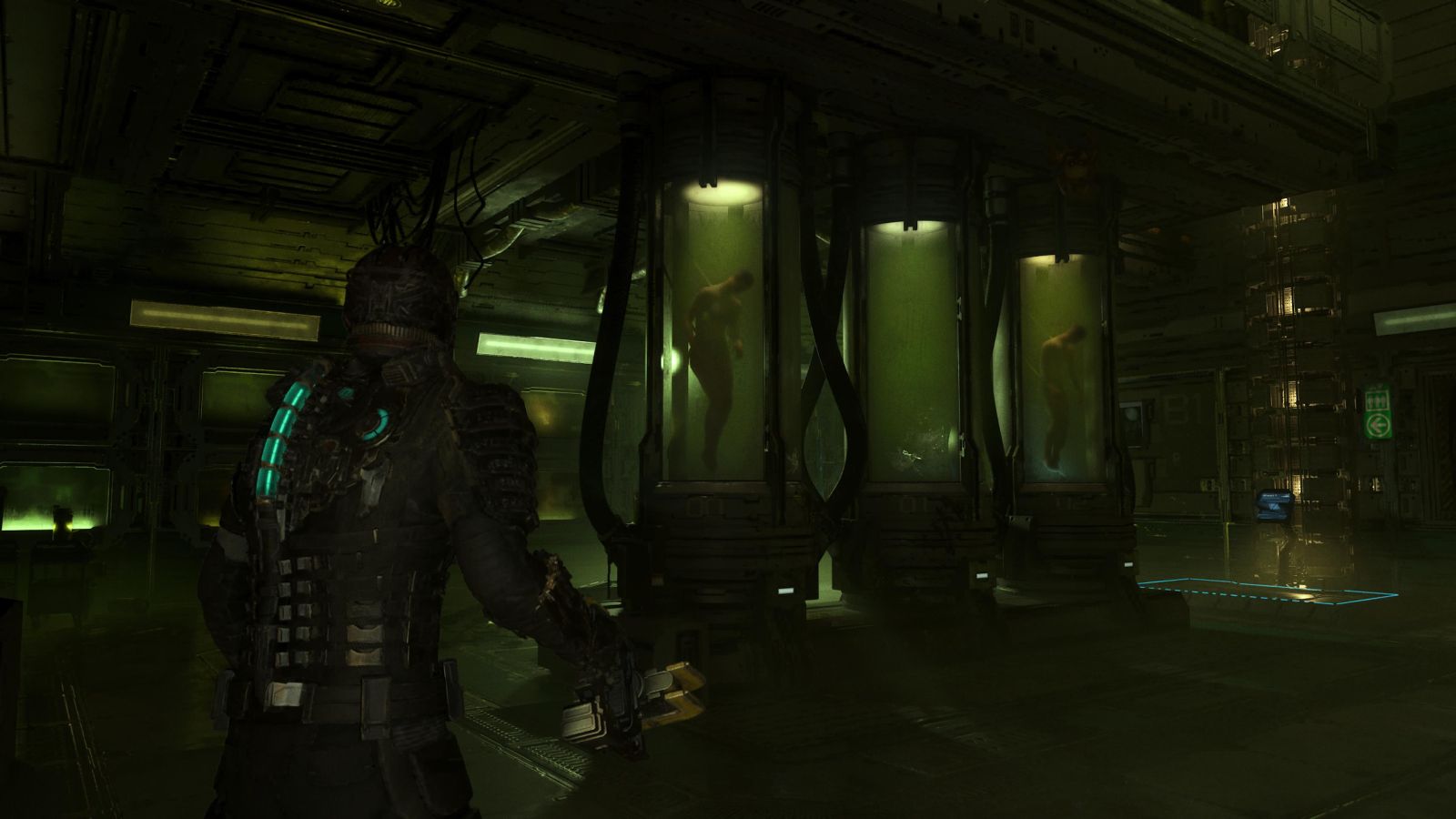
Adam Moreno: I am, let’s get into it. You were tasked with scoring for the expanded content for the Dead Space remake. What was your biggest challenge when trying to expand on what was already there from a tone perspective? And how did you make all of that your own?
Trevor Gureckis: Yeah, I mean, well in terms of expanded content. I guess what that means is, there were certain narrative elements that they wanted to hit motive. The audio team and the creative team there. That, along the way, they felt like they could hit more story points. So I came up with some new themes. But even in doing that, going in that process, we were kind of taking a look at that. I ended up expanding my role and so I was redoing a lot of the boss scenes, did like, a whole new hive mind, whole new hunter stuff, like whole new 0G, you know, because we just ended up getting further and further into it and realizing like, oh, you know this is like… This is kind of like the new sound. But it’s within the realm of the Dead Space universe that was the original and I had played the original game back in 2008 and was super familiar with the score and I really enjoy and love the score.
You know, and that was always on our minds too. In terms of, does this feel like Dead Space? Yeah, we listen back to something and we’d be like OK, is this? Just feel like this would work OK. This is good or no. Maybe you need to work on this, you know that kind of thing. So that was like, you know, that wasn’t definitely like a benchmark that was like there and in terms of and that’s like a stylistic thing, because kind of a lot of that music was inspired by like Penderecki and like the Polish composer. Was a late 20th century Polish composer. Who was doing all these like extended techniques and creating strange sounds? And you know that stuff was used? You know, Stanley Kubrick used it in shining in 2001, and so that the combination of those two things, of that music, even though it wasn’t designed to be in a movie was, you know first placed in in a movie or in a film context in that example, and then like alien and aliens, or don’t forget Jerry Goldsmith and then James Horner, other aliens. So, like, that kind of sound world became sort of like the universe of what you would expect if you were to play Dead Space. So when I approached it, I definitely had that in my mind like this is sort of like these are the tools. Basically, the toolkit of the kind of instrumentation like, what would I? What would I expect the strings to do? The winds, what kind of brass hits like what they would? Techniques would be employed to make those sounds, and then I would also in my own way, play violin and cello a little bit and kind of brought in, kind of, a more intimate sound – around Isaac a lot. So it was sort of like bringing things a little bit closer, so, there’s obviously there’s tons of big orchestra. We recorded it at Ocean Way Studio in Nashville and he had these like three really big orchestra sessions over the course of 2022 with choir and all this madness. But I also wanted there to be stuff that was close and like feeling claustrophobic and you know, like there’s something in there in the space with you kind of, you know, and that’s me.
Adam Moreno: It was, it was crazy listening to some of it and that honestly goes directly into my next question, which is – you were able to raise my heart rate quite a bit just from listening to it. I was saying, I listened to it while I was doing work in the morning and I was just like I can’t do this anymore… It’s putting too much pressure on me.
Trevor Gureckis: Yeah, yeah. But some of it is like wow, this is like the I mean, it’s definitely the most intense music I’ve ever written. Sure. That makes sense! It’s the most. It’s like a crazy game, you know so.
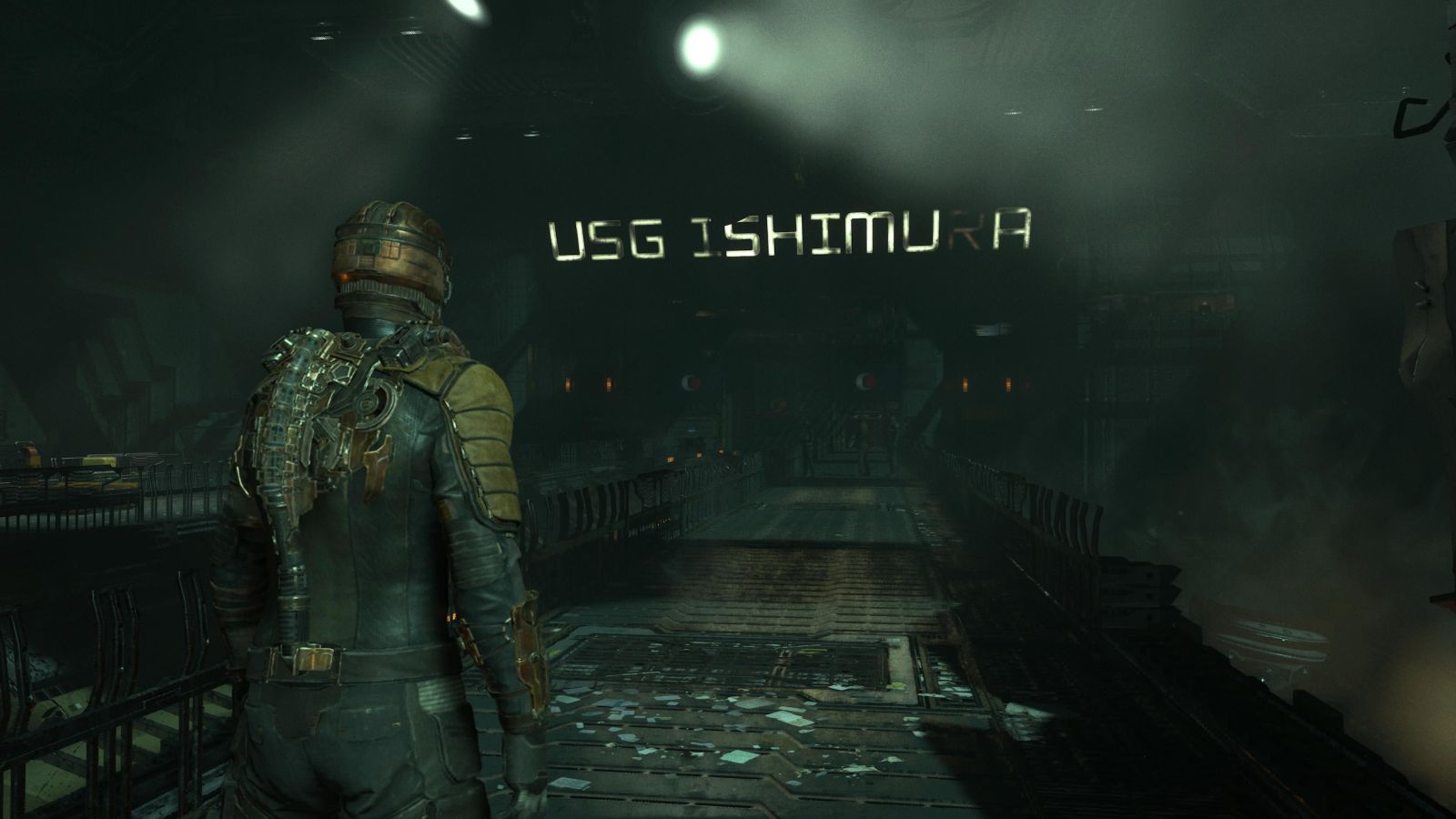
Adam Moreno: That’s true, but what do you think is the most important aspect when writing music for horror in general?
Trevor Gureckis: I think I think that. That’s a really tough question because, when, you know I work on The Servant with M. Night Shyamalan and I’ve worked with him for years now. And his, the music is, I wouldn’t say it’s outright horror because the show is like, has a lot of drama in it. But there’s moments where it breaks out, and it’s like, you know, satanic. You know, in a way and it’s just sort of like not knowing what the sound is, that’s part of it. It’s sort of like. The uncanny valley of stuff.
Adam Moreno: Hmm, yeah!
Trevor Gureckis: A little bit, you know, sort of like: that sounds like an instrument I might know. The organic plus electronic element I think helps too because it’s like I do a lot. I use a lot of electronics, but I’m always pairing it with an orchestra or with solo instruments. So you can feel like; I’m having everyone tapping their instrument, or you know doing Col Legno stuff. And it’s creating sort of like a hype. Like constantly like this hybrid thing, so there’s like a familiarity like, “Oh yeah, I know this but like I don’t know that.”
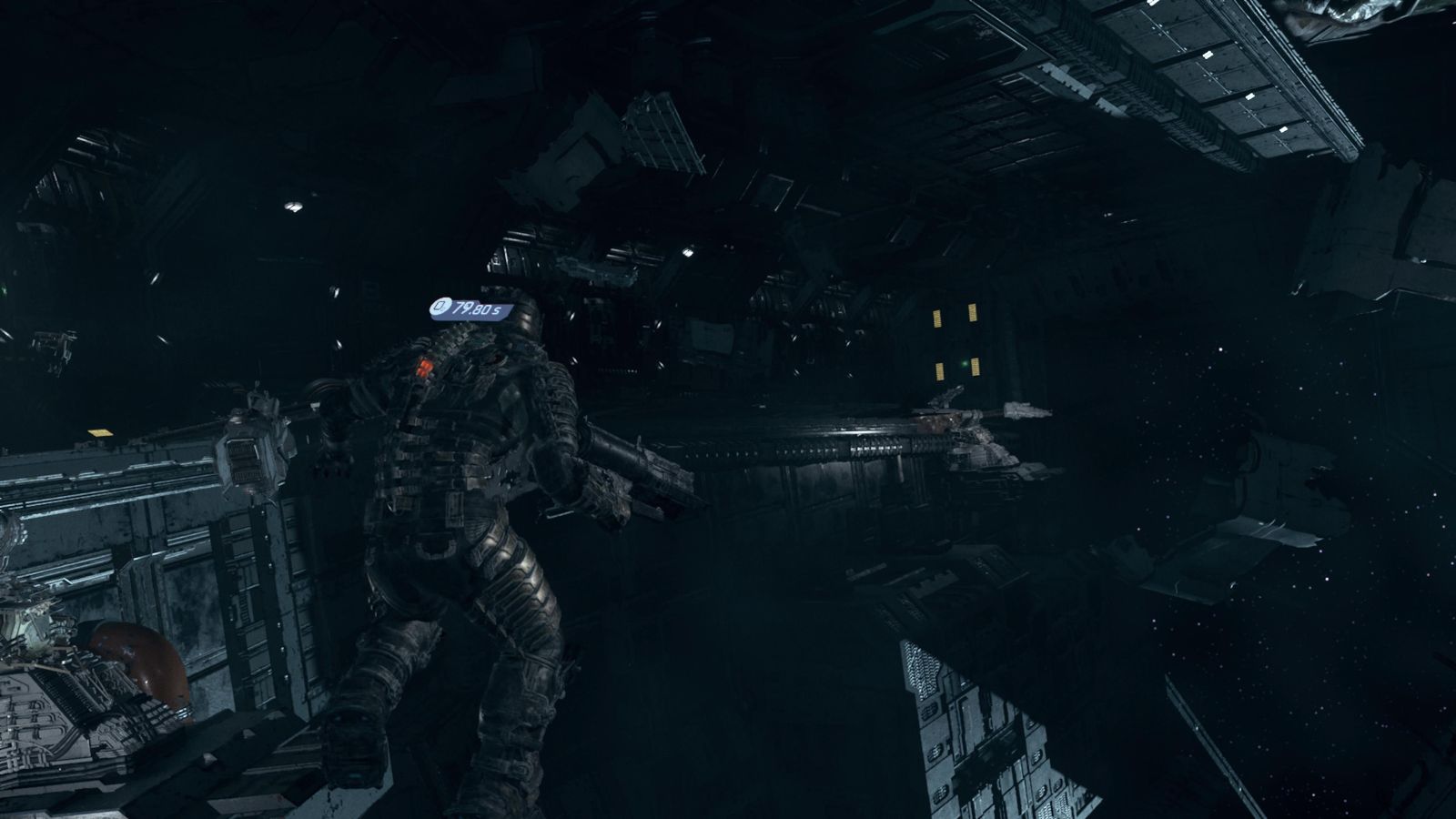
Adam Moreno: What you’re talking about with the tapping, I heard that in the first track that they allowed us to listen to, and you had the like. It was just like, this thing’s crawling on me and I’m just listening to it so… So you’ve written for a few different kinds of entertainment you’ve written for television, you’ve written for movies, and now you’ve written for video games. What are some of the differences in your process, personally, when you’re working on a video game versus when you’re working on, say, a movie?
Trevor Gureckis: Well, I mean, I don’t really have a full on process yet for a video game because it’s my first game, but I mean I think that, I think the process of this game was really interesting and I’m sure it’s different. I can’t say that it’s like every game is just like a dream where everyone just takes time to listen to stuff, but that’s what it was for Dead Space. Everyone was like… You know we had weekly or biweekly meetings and I would write stuff and present it and we would talk about it and think about it and then they would, you know, I didn’t have to do any of the implementation, which is like a huge help like it’s a huge element of work that came later, much later. And so I didn’t have to do all the music editing that went into like all the different chapters, piecing it together.
So I did like big suites that are like five minutes or six minutes. Things that are like, this is for the Church of Unitology. This is for, you know, the marker or this is for you know, Nicole. You know, that kind of stuff, so I was sort of dealing with thematic ideas and then they were thinking, OK, maybe this would be great for, you know, chapter something like this and I’m like “OK.” I mean they worked on the game, so I have no idea. I had no idea exactly how it was going to actually be put together exactly, you know. By the end I was doing actual cutscenes and they were like, rough storyboards and stuff. And then I was really scoring specifically for hit points and everything, and that was more film-like.
But with film and TV, I definitely like to write off picture or in the blind to come up with a theme or like a picture or concept. That way the filmmaker can get material to work with that they can just throw it around in different places. And then you know there can be multiple pieces, multiple kind of suites and then kind of get into the film. Because it’s hard to start with like queue number one, which can sometimes be a five second thing or a one minute queue, like, what does that mean? You really need to get the “what is the story.” What is this movie about? What is this show about? Getting too in the weeds too early, I think, could be really challenging. So, in that way it ended up being that kind of like that.
We ended up being that. We were so, Bird’s eye view with it when we started on this. With the Dead Space remake that we had lots of space for like “oh, this is like the hunter, low hunter sounds like. So we’re going to bring this back, and you know, made lots of time to think about what it means and then we started planning things like the idea of corruption and how it happens over the course of the game. And again, these are ideas that they wanted to explore because then, they were doing so many things. In the game development itself, like with the heartbeat mechanics and the breathing stuff. I mean there’s just so much stuff that was being developed for the game. And I think music was also something that kind of had a development stage two. We were kind of figuring it out in a similar way. What could be something that kind of develops over time. That changes because he’s, you know, Issac’s basically going to the center… Going to hell, you know, as he’s searching for his girlfriend, and finding whatever so…
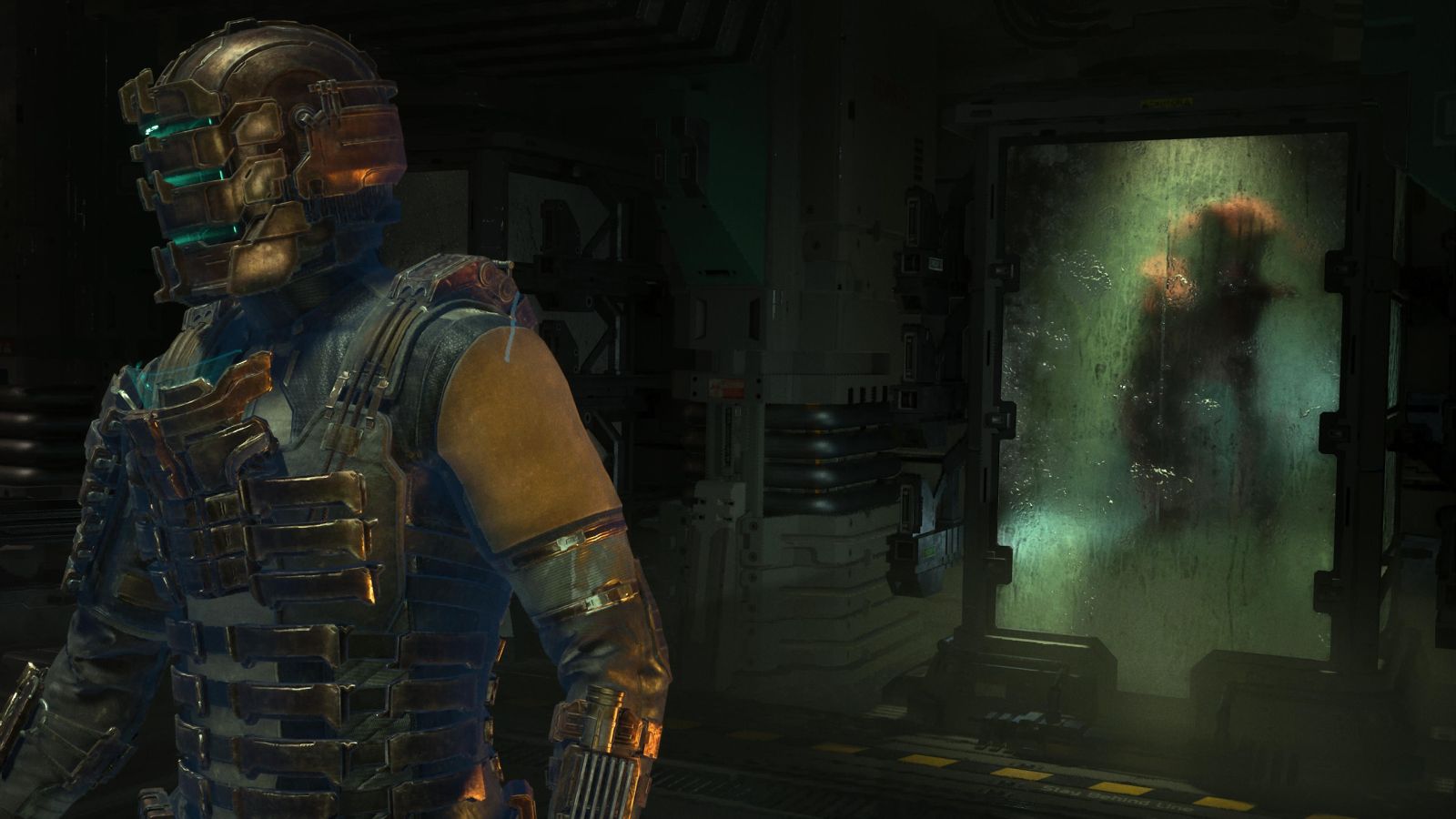
Adam Moreno: I think that what you just said and what you mentioned earlier is such an interesting concept because with this game being a remake, you did play the game when it originally came out. So you have the opportunity to be a fan going into this… was that at all a hindrance? You have like “Oh well, you know we have to keep this like this,” or “we have to do this like this because that affected me when I was younger.” Or did you really just take a full step back and say I’m doing everything the way that, you know, a step at a time? We want to make it…
Trevor Gureckis: No, I was very clear that I wanted to be… So like where are, where are the lines? I wanted them to find it for me so that… and also I wanted it to be clear as a gamer, as an experience, I wouldn’t have a bump so that. I knew that they were going to use the original score. Because they wanted that feeling that you were going into the game and feel that nostalgia if you had played it before, of hearing the original score, and especially for the opening. All the opening material is just the original. I think that you know. I think they released like 10 or 18 minutes of it already. They were like “oh, can you rescore that?” I’m like, well you know… they didn’t ask that question cause I was like, we were all kind of like, “this stuff works!” So just keep it like that and then sort of like it changes because a lot of stuff of the game changes after that, you know.
But I didn’t want there to be in this moment where you’re just like, well, this is like a different composer walking in, and it’s not me imitating Jason Graves or something, but it’s more like I’m a composer who’s in the universe. And in the Dead Space world.
Adam Moreno: I love the way you just said that that’s phenomenal. That’s a great mindset to have.
Trevor Gureckis: So yeah, so it was like, you know, respectful that experience because, you know, I do use electronics, but we don’t want to do it too much because we don’t want it to be like Mass Effect. Suddenly, you know, like tons of conversations. About that stuff. You know? Which I love Mass Effect so much, but…
Adam Moreno: I love that. And same, I literally have prop right here so… (Shows cosplay version of the Mass Effect Omni-Tool)
Trevor Gureckis: I know I need to start doing… I play video games all the time. But I don’t have any proof of it.
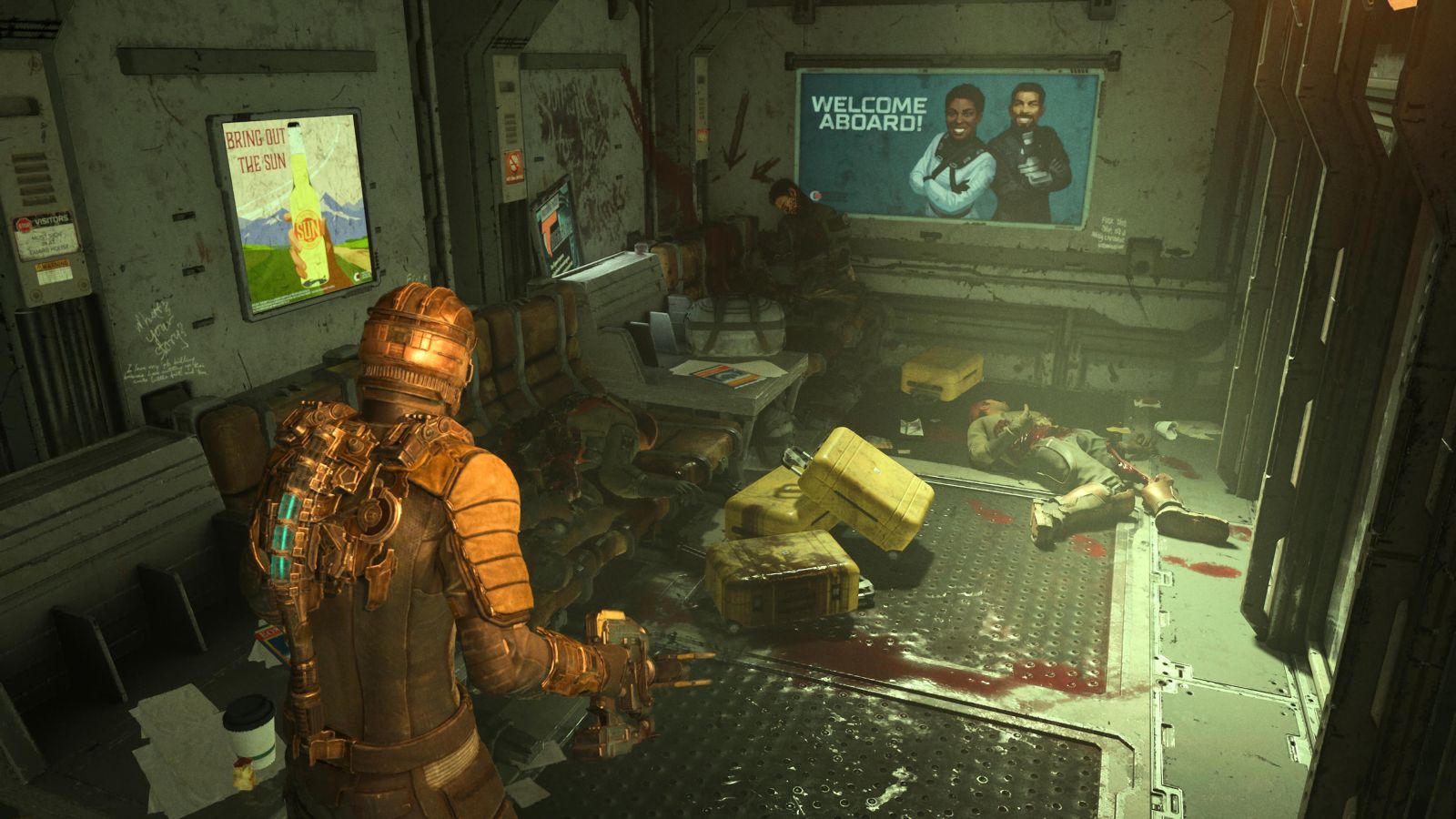
Adam Moreno: Hey, I believe you after what you’ve talked about. So the last question that I like to do is something a little more just a memory kind of thing. Thinking of your career as a whole, is there a specific moment that stands out as a happy memory that you’re going just like, “I cherish this in my brain forever?” It could be video game related, it can be, you know all the scores that you’ve done in movies and television.
Trevor Gureckis: UM? Uh, happy memory. (He thinks through it.) The funny Memory about Dead Space is that we have the choir right, so we had this session. We had like 12 or 19 people each time in Nashville, TN. And we had them singing. All of the, all of these Unitology versus… like screaming them. And it was really funny, because there’s a couple of times where the conductor was like, “listen, it’s a video game. It’s acting.” But they’re all screaming like, “Altman be praised.” But this is like the South. Some people were kind of uncomfortable and it was like a really funny moment and I was like and I had to be like, “It needs to be a little bit more like… You mean it!”
Adam Moreno: I’m from Tennessee, so I know exactly what you’re talking about.
Trevor Gureckis: Yeah, and I understand, it’s like “what are we saying Altman be praised and like?” and, “Convergence is nigh!” And we were like, all these lines were like that were given to us for them to use and they were whispering them and then we had them shouting them and all this kind of stuff.
So it was. It was a lot of pressure for them. You know, if they’re not comfortable with it, so I understand it. And they were all good. The guys were particularly funny about it because when we had the the guys do it they were just like, whatever, they went for but… That was a funny moment where people kind of like had. Uh, have a little bit of a cognitive moment, but ultimately it still. They did a great job as choirs. Great and…
Adam Moreno: It sounds fantastic.
Trevor Gureckis: Yeah, thank you! And yeah, so it was a lot of fun.
Adam Moreno: Well, Trevor, we appreciate you so much. Thank you so much for giving us the honor of you being here and answering some questions for us. Trevor has been a composer for the Dead Space remake and you’ll be able to hear all the stuff that that we’ve talked about today in there. So thank you so much.
Trevor Gureckis: Thank you.





















